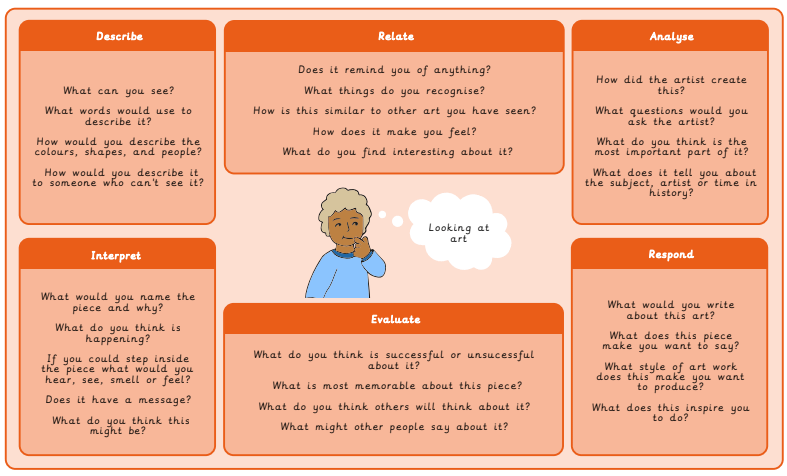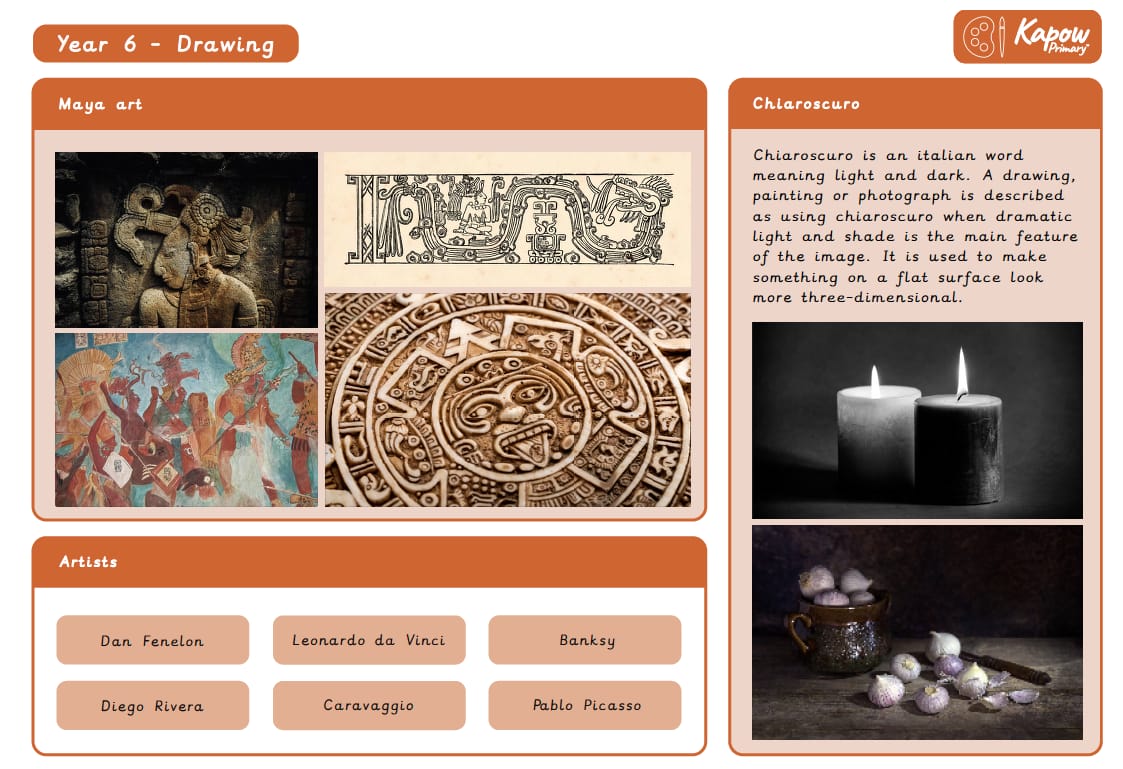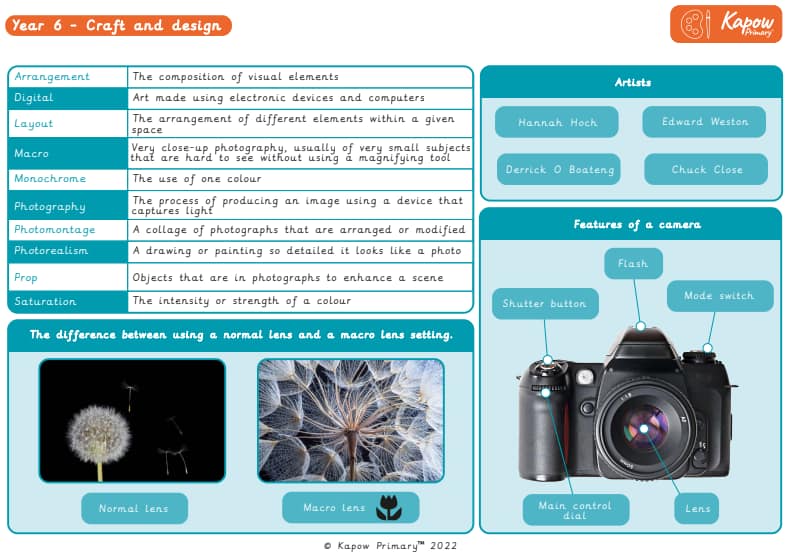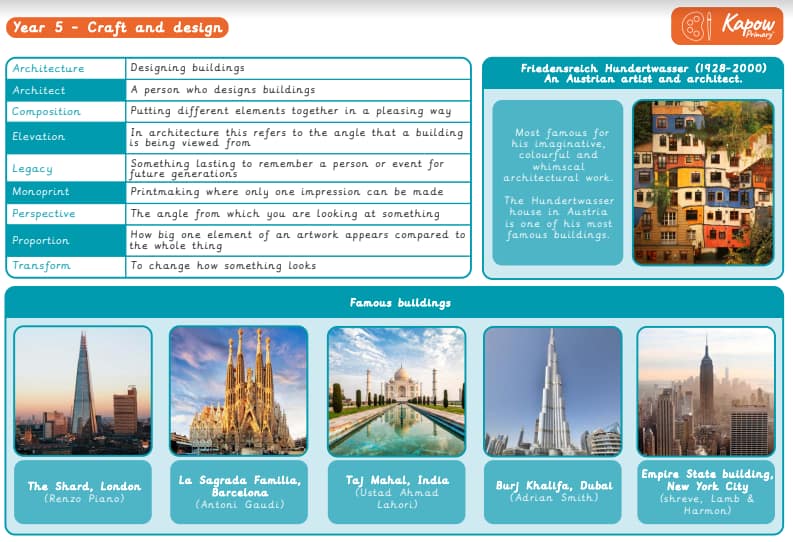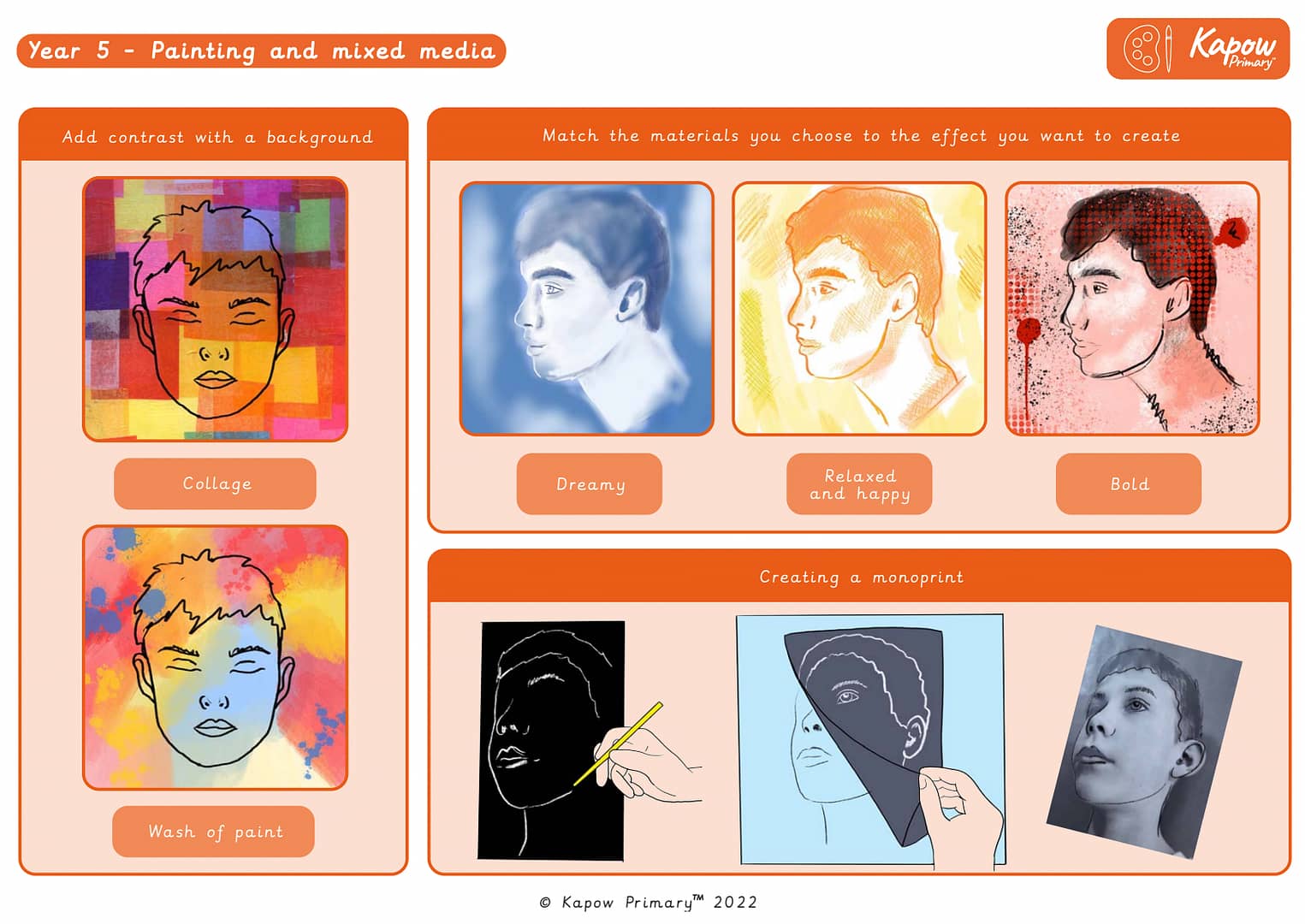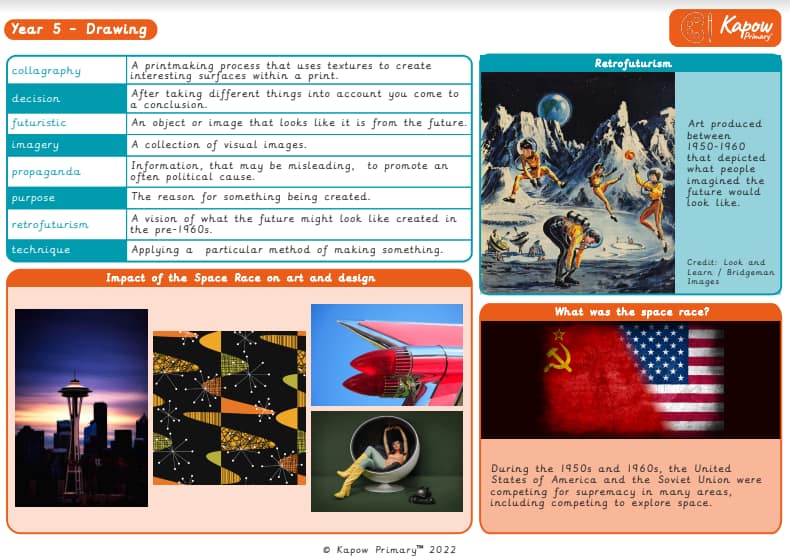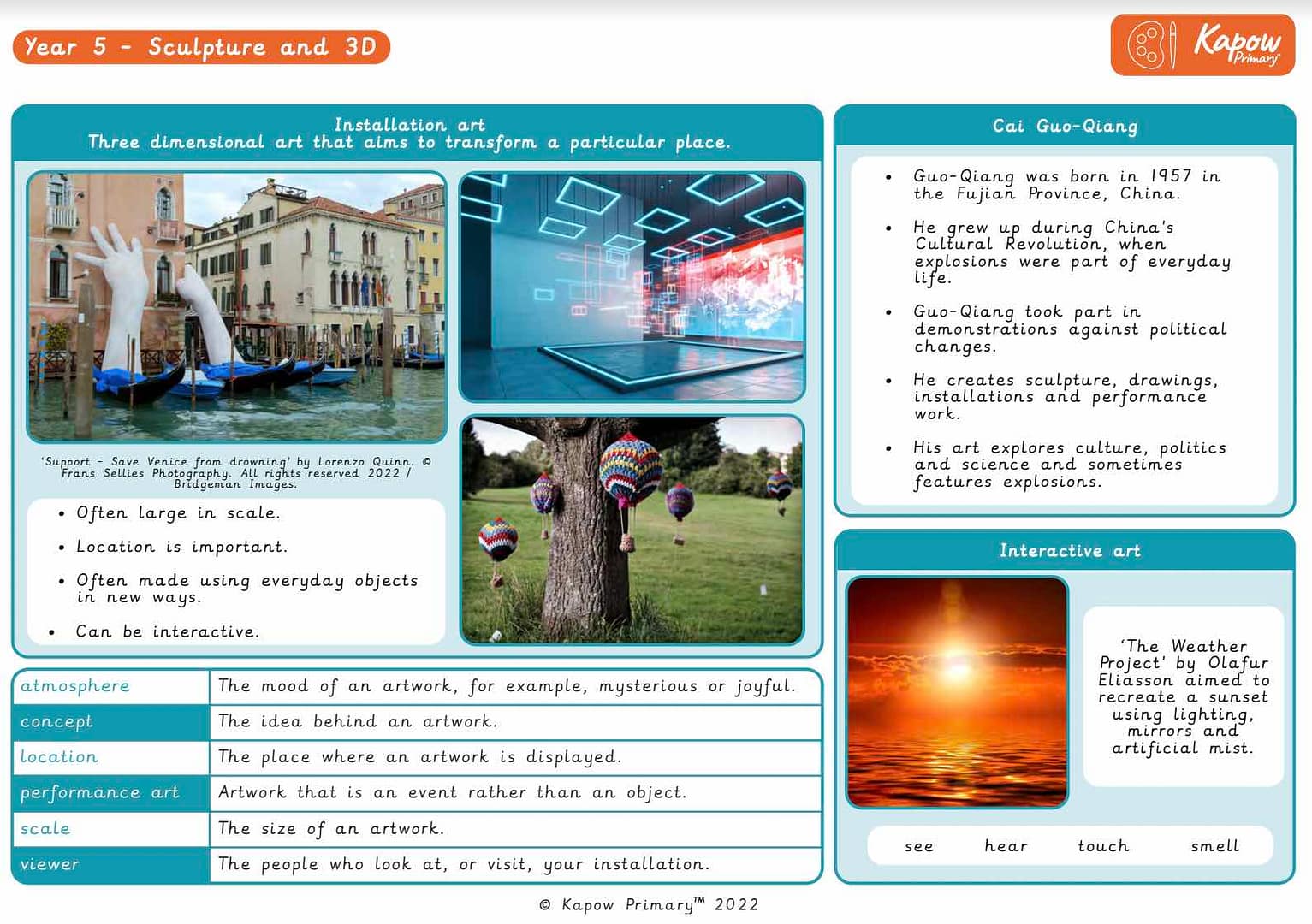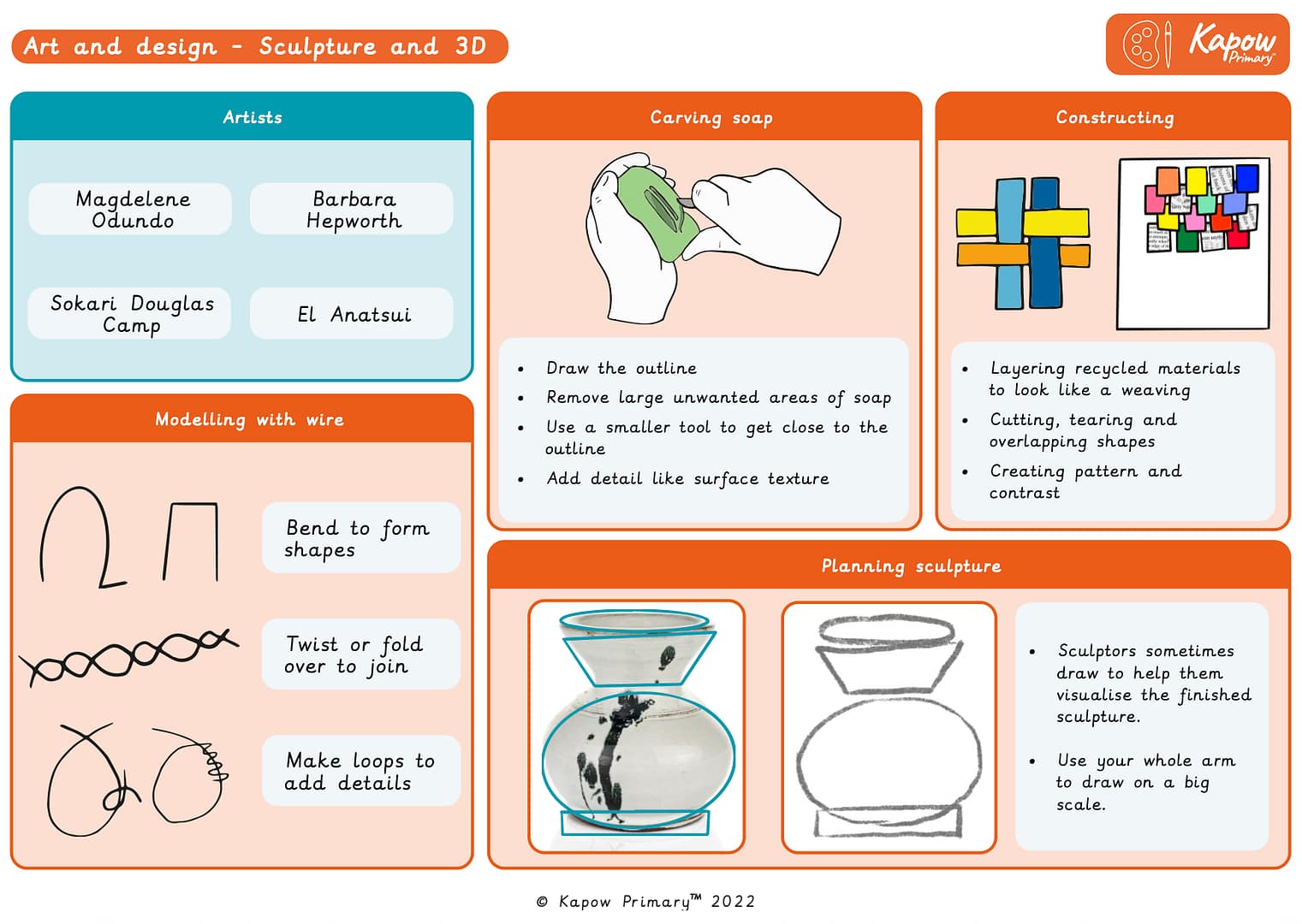Featured Document Type: Knowledge organiser
Knowledge organiser: Art & design – Y6 Painting and mixed-media
Knowledge organiser: Art & design – Drawing: Making my voice heard
Knowledge organiser: Art & design – Y6 Craft and design
Knowledge organiser: Art & design – Y5 Craft and design
Knowledge organiser: Art & design – Y5 Painting and mixed-media
Knowledge organiser: Art & design – Y5 Drawing


